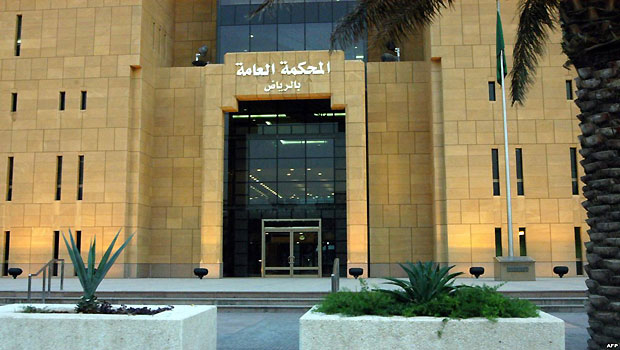Jeddah, Asharq Al-Awsat—The value of commercial contracts in Saudi Arabia containing arbitration clauses has reached 200 billion Saudi riyals (53.3 billion US dollars), according to an official from the Gulf Cooperation Council (GCC) Commercial Arbitration Center, who called for a greater arbitration culture in the Kingdom as it seeks to draw in investors as part of a push to diversify its petroleum-dominated economy.
Yassin Al-Khayat told Asharq Al-Awsat that 10 percent of these contracts stipulated arbitration outside the Kingdom, which he blamed on a lack of trained domestic arbiters and litigators—currently only 1,500 in total—and the lack of independent arbitration centers.
Currently, most such disputes going to foreign arbitration are heard at international centers based in London and Paris.
The Saudi cabinet announced on April 15 it would be setting up a new commercial arbitration center overseen by the Council of Saudi Chambers (CSC) for domestic and international commercial disputes and governed by the Saudi arbitration law, effective since July 2012.
Khayat said this step is crucial for the Kingdom as it pushes to diversify its economy and augment and establish existing and new trade relations with other countries.
The new courts of arbitration “will contribute to the development of the Kingdom’s economy, the creation of a new generation of arbiters and to enhancing commercial and economic ties between Saudi Arabia and other countries,” he said.
Commercial arbitration courts allow contractual disputes involving individuals, companies or governments to be settled outside the ordinary court system. Supporters of arbitration say its benefits include a quicker and more cost-effective—and often more amicable—means of resolving disputes than taking the issue to a state commercial court. Most rulings are binding and enforceable in state commercial courts.
“The two contracted parties often want to cut short the long time required in ordinary state-run courts to avoid bureaucracy and the piles of litigated cases,” legal consultant and international arbiter Ali Al-Oqla told Asharq Al-Awsat, adding that this was the main reason parties choose arbitration.
But with a lack of such centers in the Kingdom, those wishing to settle disputes usually have to head abroad.
There are a number of arbitration centers curently operating in Saudi Arabia, but Khayat believes more are needed to develop a mature arbitration culture in the country. He urged the CSC to extend its help to these centers and to any new ones.
Khayat also urged more lawyers, business owners and entrepreneurs in the Kingdom to begin including provisions for commercial arbitration in their contracts. He says to accomplish this change in Saudi legal culture the Kingdom’s business leaders must raise awareness of arbitration among young Saudis and encourage them to consider it as a career choice

